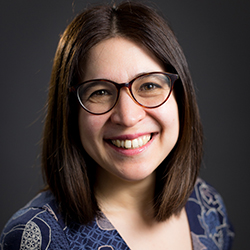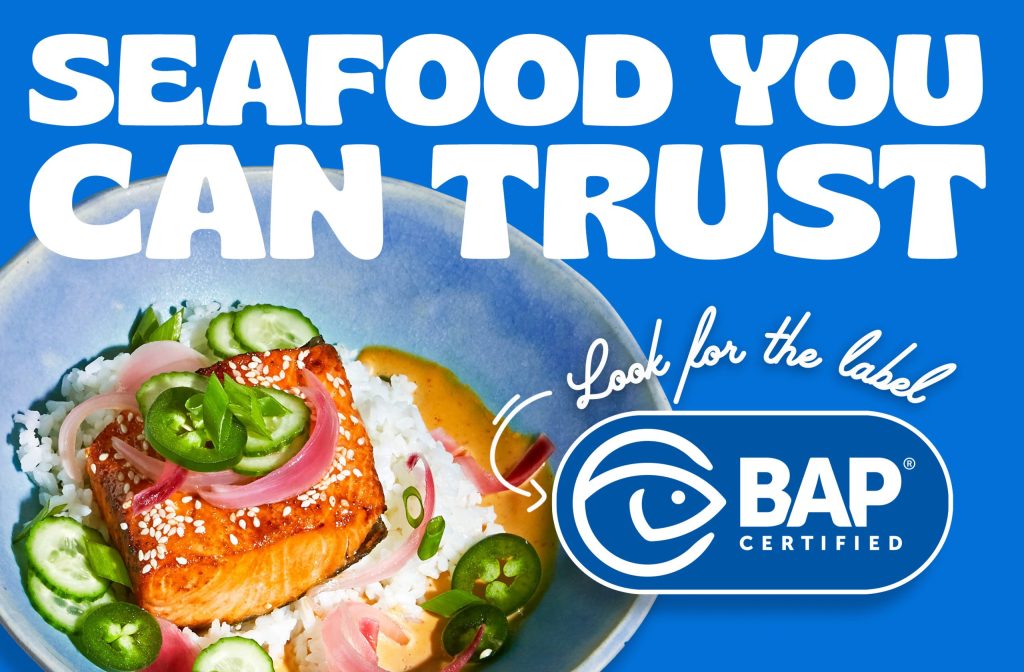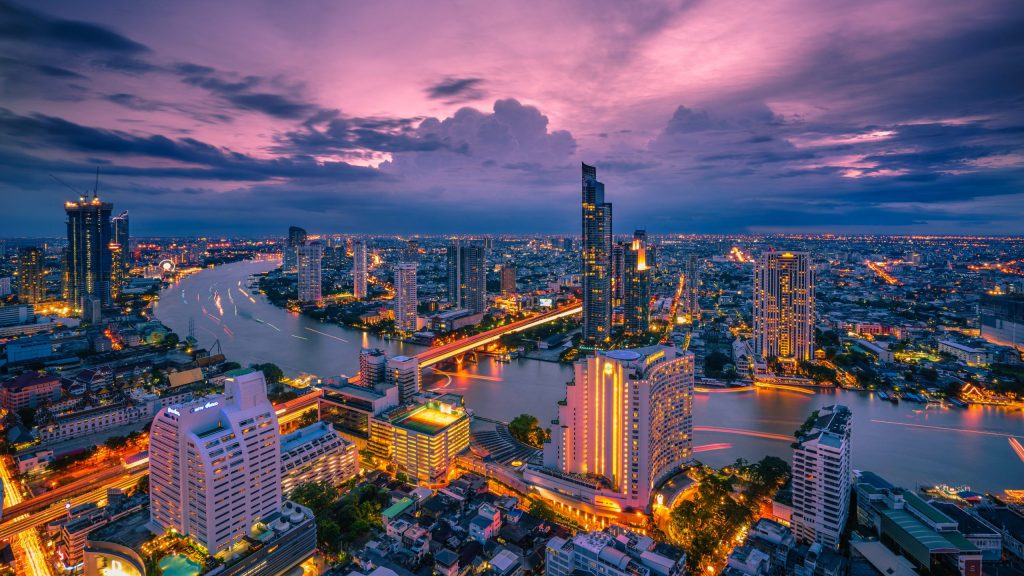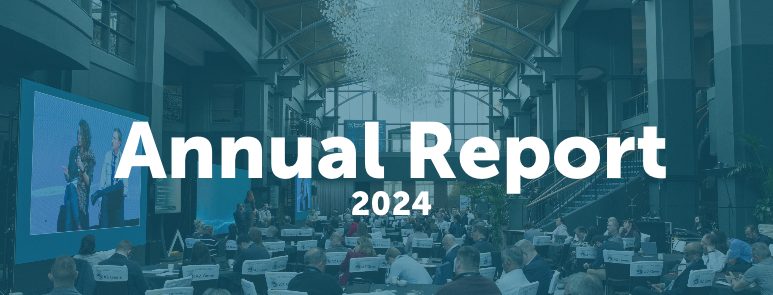From Media to Marine Science: Bonnie Waycott’s Journey in Aquaculture
Note: The Global Seafood Alliance spotlights various members dedicated to GSA’s mission of responsible seafood. Membership starts at only $50 for individuals and $100 for businesses. Start utilizing our extensive benefits. Featured this month is Bonnie Waycott, a writer in aquaculture and fisheries, and contributor to the Responsible Seafood Advocate.
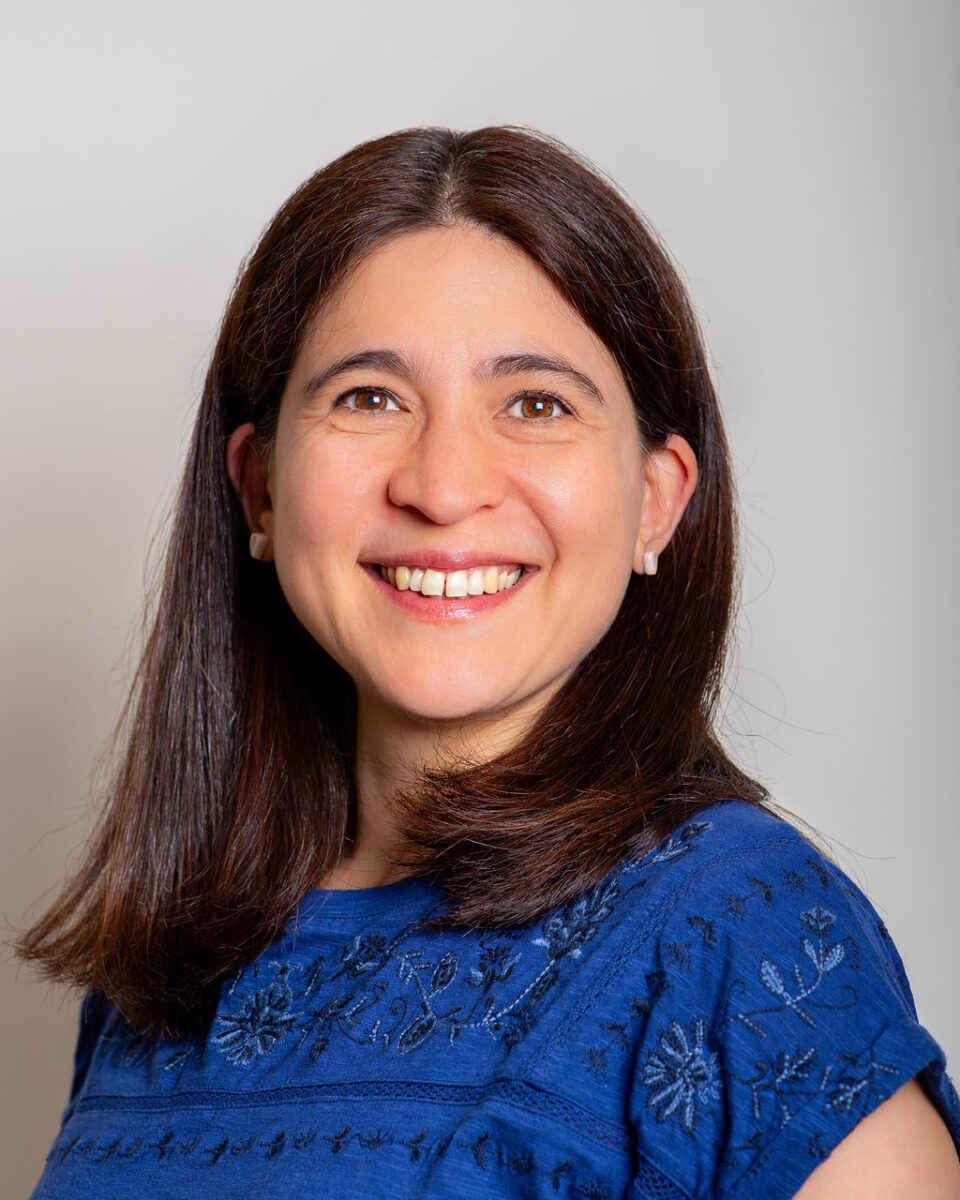 You told us last time about your MSc in Sustainable Aquaculture – what would you recommend to students wanting to pursue a similar path to yours?
You told us last time about your MSc in Sustainable Aquaculture – what would you recommend to students wanting to pursue a similar path to yours?
From a young age I knew that I wanted to study something related to the ocean, but because I took a different career path into media, I had to get creative in figuring out how I could bring my career and interest in the ocean together. My biggest piece of advice would be to find something that you are passionate about and follow your heart. Be prepared to do a lot of research too. I spent hours looking for marine biology courses, scuba diving opportunities, anything that would bring me closer to the ocean, when I discovered aquaculture. It’s also important to talk to people – university tutors, people working in the sector that you want to work in – be honest, upfront and don’t be afraid to ask for help and advice. Having a specialty – Japanese/Japan in my case – will also help you stand out and be able to offer something unique.
What was it about aquaculture that struck your interest?
When I first became interested in aquaculture, I was very impressed by the approach and direction that it was taking. It’s a sector that works hard to be environmentally respectful and ethically responsible and I can see this with every advancement that it makes. I also love the passion and determination of those working in aquaculture and the science and innovations that seem to be constantly emerging. I’ve covered an impressive range of topics over the years from vaccines and fishmeal alternatives to net pen cleaners and automatic feeding systems and I’m sure there will be more. Aquaculture is not just about being part of the food industry, simply producing and selling. It’s so much more, and I find that really fascinating.
What makes you most proud to be part of the seafood industry?
Communicating the latest developments and innovations in aquaculture is vital as the sector can face some harsh criticism. It’s also important to have well-balanced discussions using the best available science, and I’m proud to be able to do this through my writing by highlighting the work of a sector that is working extremely hard to maintain best possible practices and operate sustainably.
What excites you about the future of the industry?
The announcement in The State of World Fisheries and Aquaculture 2024 that the amount of fish farmed globally has surpassed wild catches for the first time was really exciting news. It’s great in terms of food availability, with aquaculture being the world’s fastest-growing food production system, and it still has plenty of room for innovation. I’m very excited to see what will emerge to meet the needs and demands of a society that is more aware of sustainability, animal health and welfare and environmental respect.
Have you been anywhere new or interesting over the past five years?
In 2023, I visited Kindai University in Japan and met a team of researchers who are breeding rabbitfish using vegetable waste like cabbage, lettuce, carrot, cucumber and herbs. The team collect this waste from local farmers and grocery stores, and are aiming to create a circular aquaculture model while helping to reduce food waste. I loved this connection between food waste reduction and aquaculture. The farmed rabbitfish is also sold in local restaurants, and the team work with chefs and others to organize events for members of the public to taste rabbitfish, learn about aquaculture and other topics such as the importance of reducing food waste or aquaculture’s efforts to reduce fishmeal and fish oil. This is an excellent example of how people outside the sector can increase their understanding of aquaculture and make their own decisions about farmed seafood.
Thanks for being a member, Bonnie!
Check out our last interview with Bonnie from 2019.

